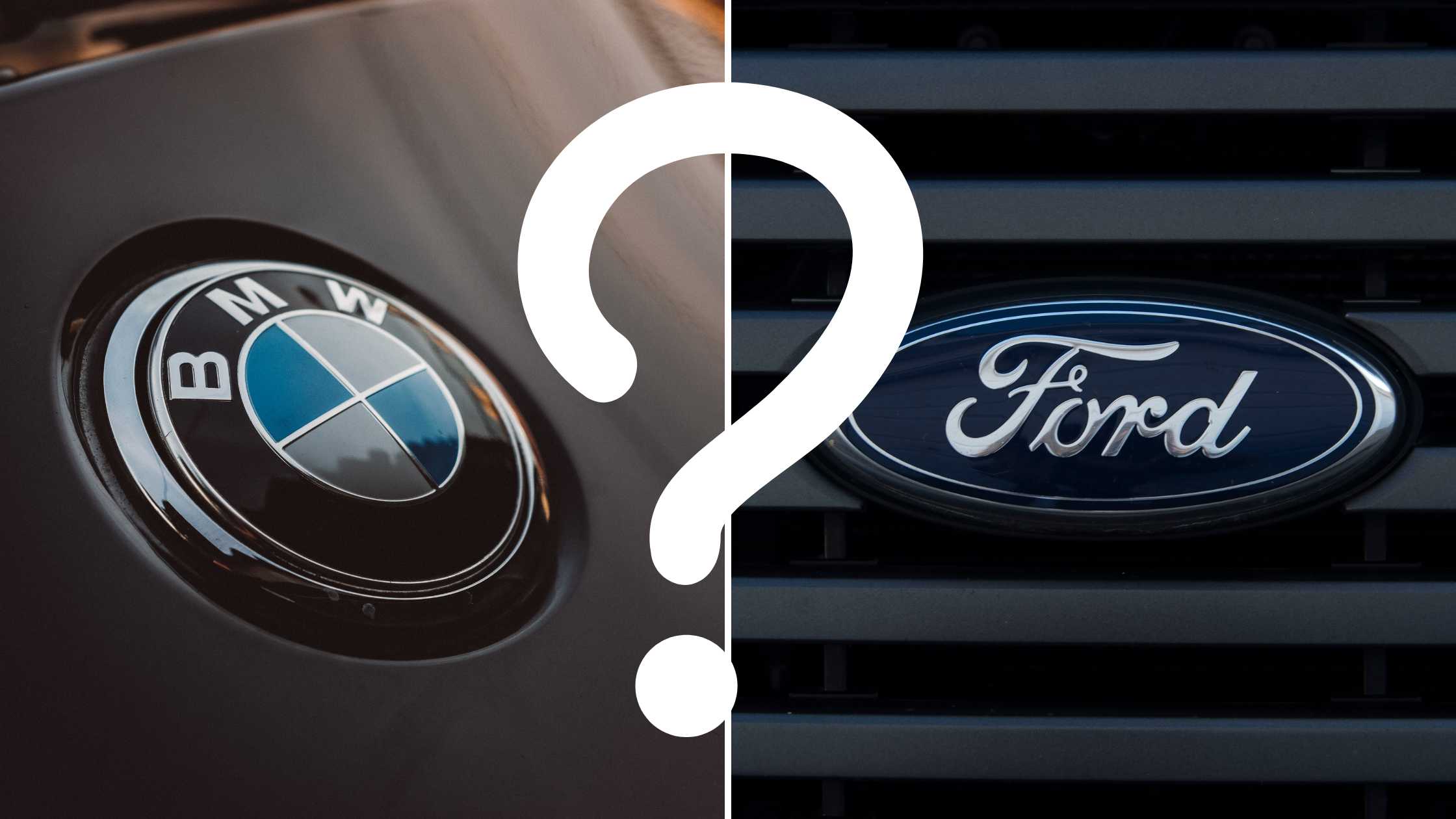Can you get me all I am looking for with this budget? (Commodity question)
It’s a simple request. Why can’t you just do this for me?
Do you want to be considered for future business with us? This one-time deal will help gain you more support for the future.
Have you heard statements like this before? You may think of them as tactics; in some ways, they are. They are common ways that those procurement professionals try to manipulate you (yes, I wrote that) to help them!
Their objective is to gather additional information, support, or a little more added value within the confines of their limitations. Sometimes it is a budget issue. Sometimes it is a time issue (can you do X in this shortened timeframe). Sometimes it is testing out your services to see if there is an opportunity for the future, but in the meantime, they are just looking for your insights or knowledge to advance their cause internally.
I always come back to either my car or hamburger analogy.
The Commodity trap
You cannot buy a BMW with a Ford budget. You may want the extra power, the fancy stereo system, and the heated seats that surround you so comfortably from the moment you get in. That’s what BMW designers have in mind. And they have made it this way with research and safety checks and engineering investments that the value of a BMW stands on its own. And just because you want all of it does not mean you can automatically get it. There is an investment through additional dollars that it will take to purchase a BMW compared to a Ford. You may very well be satisfied with all the features and benefits of the BMW, but if you don’t have the added investment dollars to purchase it, you won’t be walking off the lot with one.
In a slightly different context, you can demand a Whopper. You can shout to the rooftops about its meat on a bun with some toppings. Yes, all hamburgers are made this way. But standing in a Mcdonald’s and demanding a Whopper won’t get you a Whopper. You have to go to Burger King.
Refocus
As B2B sales professionals, that’s where we need to focus our responses. Sometimes, we will understand that our customers have business problems we can help solve. Our role is to demonstrate to them that we know their situation better than they do and, in doing so, can position our solution to be the one that will help them get on the right path.
Suppose you have worked on your discovery phase to understand and quantify the business problem they are facing and position a solution that will generate a decent return on investment for them. Not every B2B sale will be made because our buyer will look at the problem through the car or hamburger analogy. They want their solution within a budget constraint or will look at your solution as a commodity. In that case, they should believe the value and the effort are worth deciding to buy from you.
Without this position, you will be fighting an uphill battle that does not help you win more deals. It will commoditize you and make success more challenging as you work with more customers.
A new approach
Take the opening statements as warning signs. Instead of answering them, reflect and reconnect with the buyer. Take time to understand what the basis of their question is. A great question to ask: Why do you say that? Let your B2B buyer explain their rationale to you. Let them position themselves as wanting a commodity, and then you can explain how your solution is not one.
Remember, your value and your worth should be non-negotiable. Be proud of what you offer them, and don’t fall into the commodity trap. If you solve a business problem that will put your customer in a better position, the investment benefits both parties.

